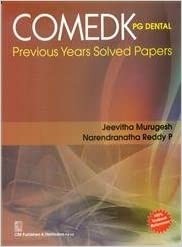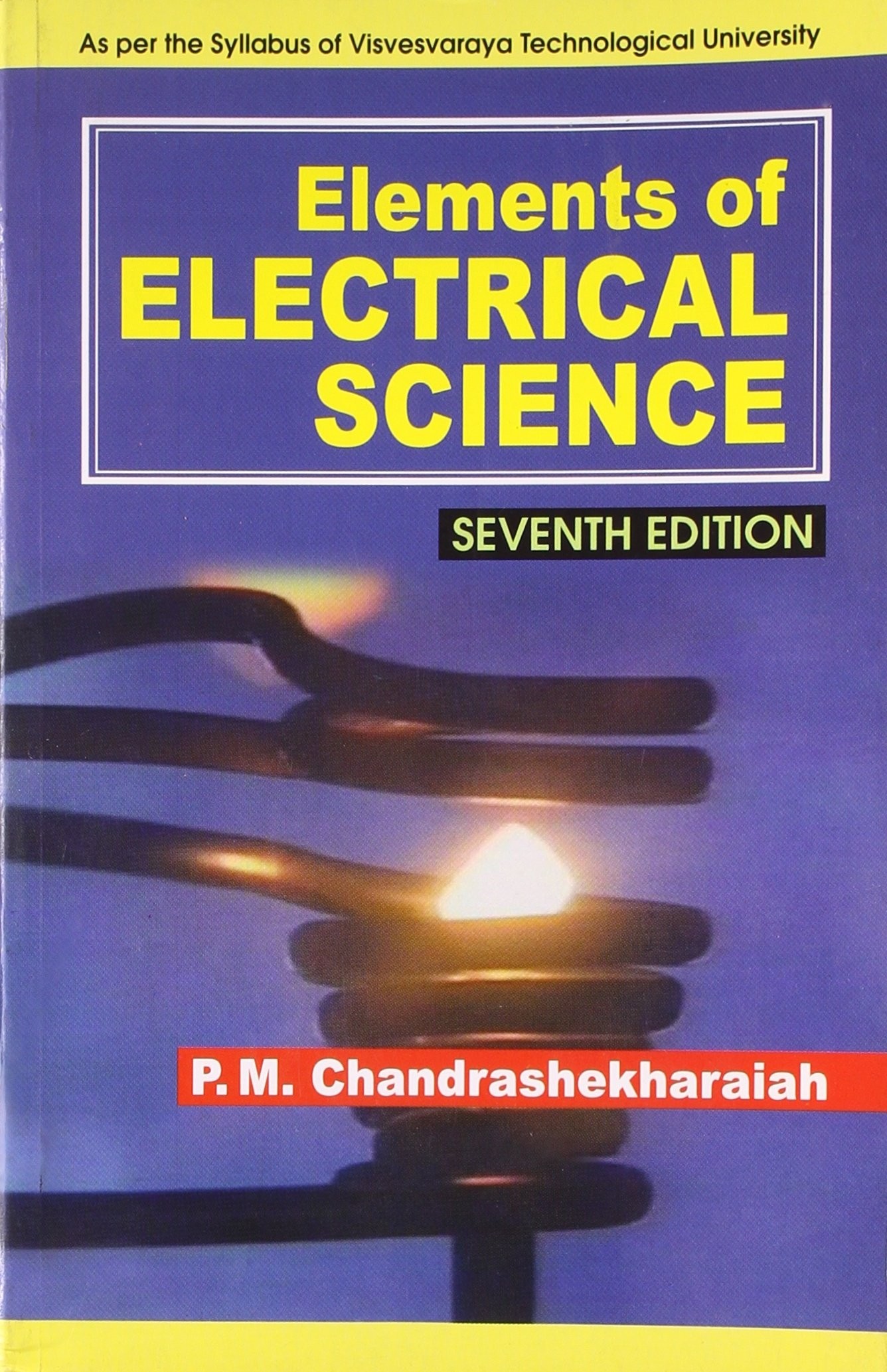MONSTERS TO DESTROY P
Navin A. Bapat is Professor of Political Science and the Chair of the Curriculum of Peace, War, and Defense at the University of North Carolina - Chapel Hill. His research utilizes mathematical modeling to develop theoretical explanations of political conflicts, including issues related to terrorism, insurgency, and economic sanctions. He has received two grants from the National Science Foundation, one to examine the effectiveness of economic sanctions, and another to examine the growth of insurgent movements from small cells to large-scale rebellions. He has published in the American Journal of Political Science, the Journal of Politics, International Organization, International Studies Quarterly, the British Journal of Political Science, Public Choice, the Journal of Peace Research, International Interactions, and Conflict Management and Peace Science. ... Read more Read less
Terrorism kills far fewer Americans annually than automobile accidents, firearms, or even lightning strikes. Given this minimal risk, why does the U.S. continue expending lives and treasure to fight the global war on terror? In Monsters to Destroy, Navin A. Bapat argues that the war on terror provides the U.S. a cover for its efforts to expand and preserve American control over global energy markets. To gain dominance over these markets, the U.S. offered protection to states critical in the extraction, sale, and transportation of energy from their "terrorist" internal and external enemies. However, since the U.S. was willing to protect these states in perpetuity, the leaders of these regimes had no incentive to disarm their terrorists. This inaction allowed terrorists to transition into more powerful and virulent insurgencies, leading the protected states to chart their own courses and ultimately break with U.S. foreign policy objectives. Bapat provides a sweeping look at how the loss of influence over these states has accelerated the decline of U.S. economic and military power, locking it into a permanent war for its own economic security. ... Read more Read less











